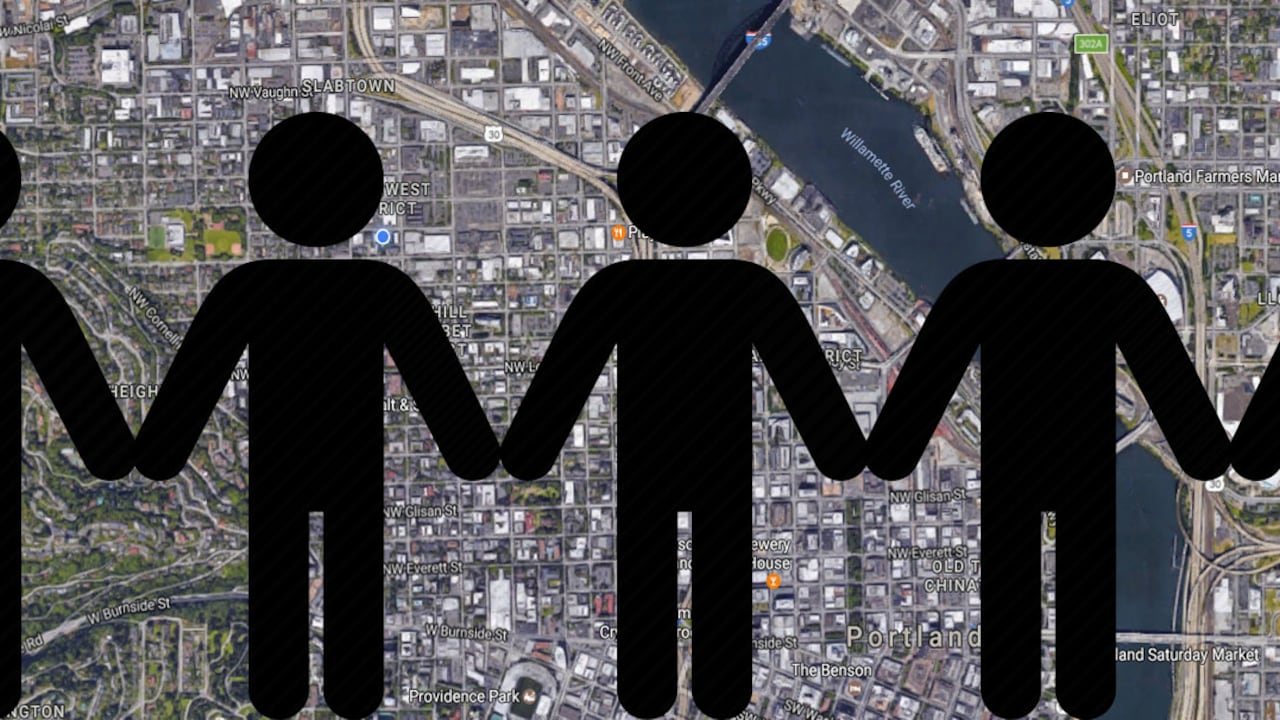As Portland's population continues to rise, our small city is becoming increasingly dense.
A new infographic from moving blog Sparefoot shows a population of 632,309 residents living within the city's 145 square miles, 12 of which are water. This figure excludes Happy Valley, Milwaukie, and Lake Oswego to the south as well as our neighboring suburbs of Gresham and Beaverton. Our growing population accounts only for residents of Portland proper.
Portland currently has a population density of 4,740 people per square mile. According to an interactive map by Daftlogic, a Google maps area calculator, this would mean all of these bodies are crammed into roughly the Nob Hill and Pearl neighborhoods at approximately 1.3 square miles. Pretty cozy right?
These numbers might sound like we are literally stacked on top of one another, but don't worry: Portland doesn't even come close to denser urban centers like New York City. The Big Apple boasts a population density of 28,256 persons per square mile. That's more than the entire student population of Portland State University living in a single square mile. If Portland were as dense as NYC it would be 17 percent of its current size with the entire population living within an intimate 22 square miles—the size of Manhattan.
Still, the Rose City is comparatively more dense than cities like Houston. For Portland to match Houston's sparsely populated 3,830 persons per square mile it would need to grow to one and a half times it's current size.
Portland would be even tinier if it had the same density of European cities like Paris. To reach Paris' population density, Portland would only be 8 percent of it's current size, not even the size of Northeast.
While figures like these aren't exactly the sexiest bits of trivia, they put things into perspective. Portland may be becoming more dense, but only relative to other cities.
You can view the infographic here.

